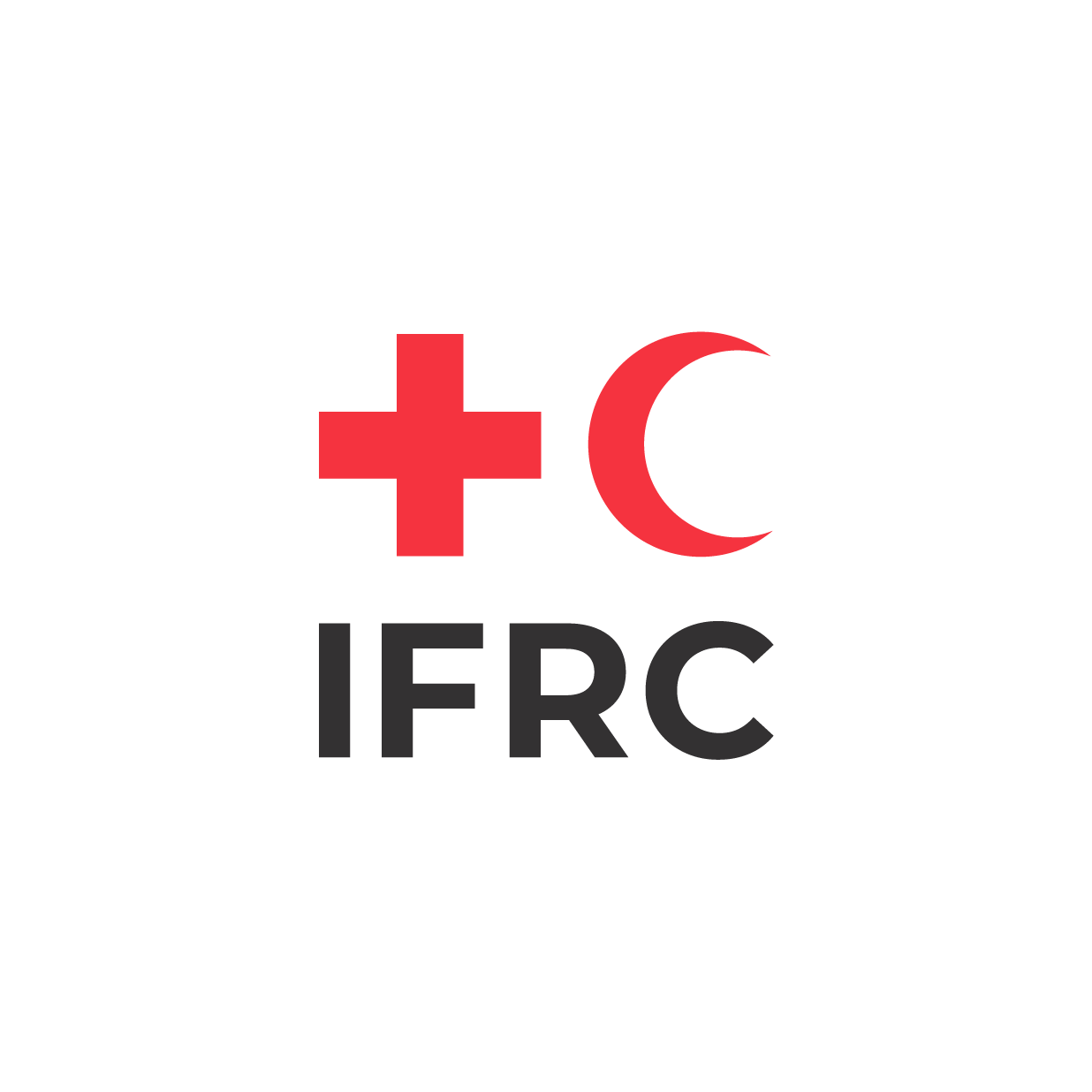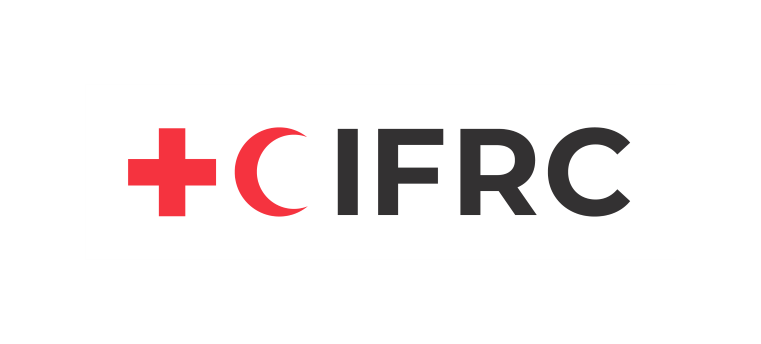Stage 2
Reference Sheet Q
Assessment scheduling
EVCAs typically run for three days to multiple weeks. Make a schedule for each assessment activity to plan in detail how you will carry out the assessment with the community. The more time you give yourself, the more likely it is that the community will be committed. Depending on community participation and sensitivities, you may need to set up specific data collection events throughout the assessment process. Establish how many events will be required and which team members will lead their collection.
Tip: Permissions
Don’t forget to obtain relevant permissions and clearances from the authorities for collecting data. This process will be different depending on the country in which you are operating. As a rule, you always need the consent of the participants to collect their data; however, in some countries, you will need extra permission from the authorities to enter an area and collect data. When collecting data, especially if it is digital, bear in mind the country’s regulations and considerations around data sensitivity.
Tip: Be aware of sensitivities in the communities and among main actors
If certain groups are not comfortable speaking in front of each other, a group method such as a focus group discussion would need to be repeated for each specific group. A focus group method may also need to be conducted separately for men and women.
When ready, you can organize your schedule in a table similar to the one below:
The table below refers to the most common EVCA tools, when they are used and suggested minimum times each may take.

The International Federation of Red Cross and Red Crescent Societies is the world's largest humanitarian network and is guided by seven Fundamental Principles: Humanity, Impartiality, Neutrality, Independence, Voluntary Service, Universality and Unity.
Follow IFRC
© The Global Disaster Preparedness Center 2024
